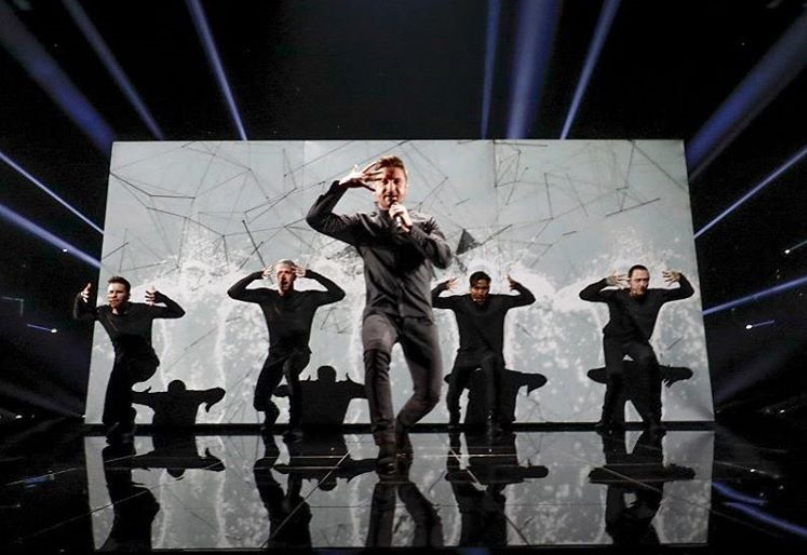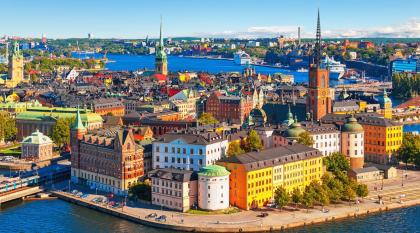Brace Yourselves For Eurovision 2016
We finally made it through the long winter to that euphoric time of year. As spring slowly turns into summer, it’s time to get our little flags out, turn our televisions on and invite our friends around for the most marvellous spectacle of the year: the Eurovision Song Contest. Historically, the month of May has hosted some fascinating events. In 1707 the Union between England and Scotland was proclaimed. In 1536 King Henry VIII married Jane Seymour only eleven days after he had his wife Anne Boleyn beheaded. But what happened in the year 1974? A massive landmark in history ensued; ABBA won the Eurovision Song Contest with their memorable song Waterloo.
Why We Love Eurovision
Stereotypically, Eurovision hasn’t been taken very seriously. Who can forget in 2012 the Russian Grannies that performed for the world with a massive disco oven behind them? They sang, cooked a loaf of bread, and still managed to come in second place. Ukraine’s act in 2007, Verka Serduchka, danced across the stage in a costume made of tin foil and a big silver hat shaped like a star.
Once you separate the serious competitors and the comical acts, you are left with an enormous, bright stage and an incredible opportunity for singers throughout Europe to showcase their music and make their country proud. But have you ever considered, when faced with this colossal and unique opportunity to perform for an international audience of millions, what language the competitors choose to sing in?
Performing for a Large Scale Audience
English is the language predominantly chosen by artists at Eurovision. In recent years, the amount of acts singing in English has increased massively. Those who choose to sing in their native language seem to have far less success because it narrows down the size of the audience that will understand them. Most winning songs were performed in English, 26 times to be exact. Back in 2010 Alexander Rybak took the stage for Norway and won the competition with ease, and his winning song turning out to be the biggest European hit since Love Shine a Light in 1997. Even six years ago, Alex told us that English was the main language spoken and sung throughout Eurovision both on and off stage. Although Alex won the competition with the song ‘Fairytale,’ he didn't choose English only because of its ability to reach a larger audience. In Alex’s words, “I like to mix genres and cultures together. With ‘Fairytale,’ it was a Russian beat, Norwegian folk melody, and the lyrics were English.”

Delight in the Spectacle
Johan Seil, who will be dancing on the big stage this Saturday representing Russia, has shared with us that “most artists sing in English in order to reach out to as many people as possible. Since English is massively spoken, it’s an obvious choice.” Johan believes that “even behind the scenes, everyone speaks English with each other; it’s the most common language among us.”

It’s clear that the English language is important if you want to easily communicate with different nationalities and reach out to more people in the music and film industry. If you are considering studying English check out our language schools all over the world! Enjoy Eurovision and cheer on Johan!
Consider also checking out:

